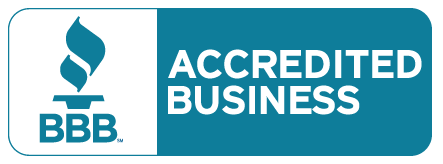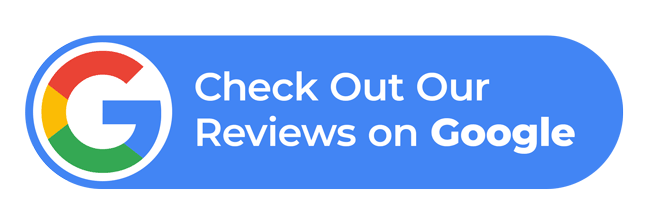Search Marketing Tips for Small Businesses
For many small businesses, getting found online is just as important as word-of-mouth referrals. Search engine marketing (SEM) combines paid ads and search engine optimization (SEO) to help your business appear in search results when people are looking for your products or services. Today, it’s not just about Google—AI platforms such as ChatGPT and Google’s AI Overviews are also becoming part of how customers search. By using a few practical search marketing tips, small businesses can compete with larger companies and connect with customers at the right moment.

What is Search Marketing?
Search marketing is the process of promoting a business through search engines like Google and Bing. It focuses on two main areas:
- SEO (Search Engine Optimization): Improving your website and content so it shows up in organic search results.
- PPC (Pay-Per-Click): Running paid ads that appear at the top of search results.
For small businesses, combining both can be especially effective. SEO builds steady, long-term results, while PPC can bring in leads right away. The difference is in how they’re managed—ads require an ongoing budget for clicks, while SEO takes consistent attention, strategy, and regular audits to keep your site performing well over time.
Does Every Business Need It?
Not every company benefits from search marketing in the same way. Factors like your location, services, competitors, and industry all play a role. That said, most local businesses see real value if they put resources into one—or both—of these strategies.
If your customers search online before making a purchase, SEM can help your business appear in those results. A local restaurant, roofing company, or dentist can attract new customers by showing up when someone types in terms like “roof repair services” or “dentist in [city].” Without some level of online marketing, those clicks often go straight to competitors.


For example, think about a neighborhood gym. Many people search for phrases like “fitness classes in [city]” or “personal training programs.” If the gym hasn’t invested in search marketing, it may miss the chance to connect with new members who are actively looking for a place to join.
In short, search marketing isn’t a one-size-fits-all solution, but for many small businesses it can be the difference between being overlooked or getting chosen. Evaluating your budget, goals, and competition will help you decide how much to invest and whether to handle it in-house or with the support of an agency.
How Much Does It Cost?
The cost of SEO for small businesses can vary, but most should expect to budget anywhere from $500 to $2,000 per month depending on the competition in their industry and location. At the lower end, this may cover local SEO basics like Google Business Profile optimization, keyword targeting, and monthly reporting. Higher budgets often include content development, technical fixes, and ongoing strategy adjustments.
The key is to set a budget that matches your business goals and customer demand. For example, a local coffee shop may not need the same investment as a law firm competing in a large city.
Tip Box: If managing this feels overwhelming, it may be worth considering an agency that can handle the strategy, updates, and campaigns for you. However, search marketing is only worth pursuing at a budget your small business can realistically afford. Funnel Boost Media provides small businesses with an affordable setup, a clear monthly rate for SEO, and transparent consultations before any proposal.
Should I Hire an SEO Agency?
Some business owners wonder if SEO is only for mid-size or enterprise companies. The truth is, agencies often structure services for small businesses too. Partnering with professionals saves time, provides technical expertise, and helps avoid wasted ad spend. For many small businesses, outsourcing search engine marketing is more effective than trying to manage everything in-house.
What to Consider When Choosing an SEO Agency
Experience in your industry – Do they understand your market and audience?
Clear deliverables – Can they explain what work they’ll do each month?
Reporting & metrics – Will you see progress in traffic, leads, or rankings?
Budget fit – Do their services align with what you can realistically invest?
Scalability – Can they adjust efforts as your business grows?
Red Flags to Watch For
“Guaranteed #1 rankings” – Impossible to promise.
Secretive methods – No transparency on tactics or results.
One-size-fits-all packages – No customization for your goals.
No regular reporting – Vague updates or none at all.
Too cheap – Rock-bottom pricing often means shortcuts or spammy tactics.
Frequently Asked Questions
It’s a combination of SEO and PPC strategies that help small businesses get found by customers searching online.
Keep your Google Business Profile updated, use location-specific keywords, earn local reviews, and ensure consistent business listings.
Not always. Costs depend on your industry and competition, but small businesses can start with modest budgets and scale as results grow.
Because most customers start with search engines when making buying decisions. Without SEM, your business risks being invisible to ready-to-buy customers.
Ready to Optimize Your Business Online?
Search marketing works best when it’s approached with a clear plan. Consistent SEO and well-managed ad campaigns can help your business appear where customers are already searching. If you’re ready to take the next step, consider partnering with a team that provides guidance, saves time, and builds strategies around your goals.





